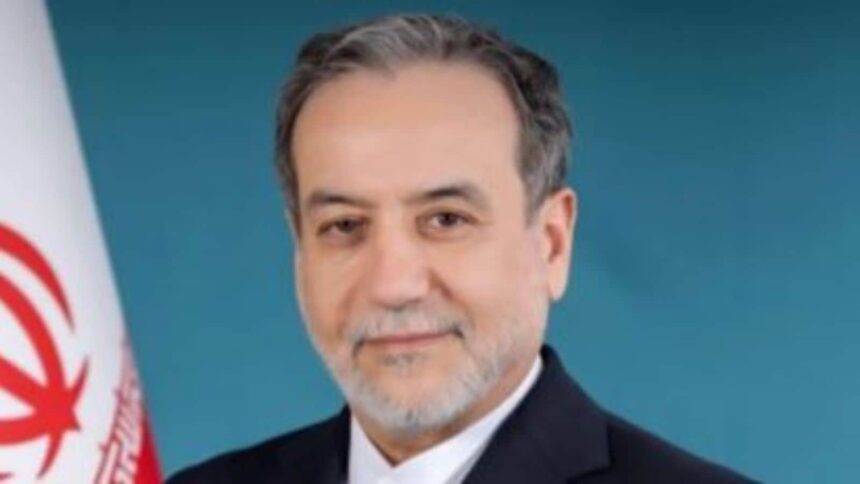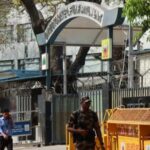Days after Iranian President Masoud Pezeshkian had a call with Prime Minister Narendra Modi in the wake of the Pahalgam terrorist attack, Foreign Minister Abbas Araghchi is expected to make a two-day visit to New Delhi to meet his Indian counterpart.
Sources say the visit is likely to happen next week — on May 7-8 — and besides meeting External Affairs Minister S Jaishankar, Araghchi may also call on other senior leaders in New . The visit will also come at a crucial juncture of Iran-US talks.
The fourth round of the talks between Iran and the US will be held in Rome on Saturday, after Tehran holds a round of discussions with the E3 countries—France, Britain and Germany—on Friday.
In a call with PM Modi on Saturday evening, four days after the Pahalgam terrorist attack in which 26 people were killed, President Pezeshkian had strongly condemned the terror attack and conveyed his condolences for the victims, as per the Ministry of External Affairs.
“Both leaders agreed that there could be no justification for such acts of terror and all those who believe in humanity must stand together in the fight against terrorism, the MEA said in a post on X. PM Modi also shared “the anger and anguish of the people of India and their resolve to deal with those behind the terror attack and their supporters, firmly and decisively”.
As per the Iranian embassy in New Delhi, Pezeshkian, in his conversation with PM Modi, also underlined the importance of regional collaboration to eliminate terrorism, calling the terrorist attack in Pahalgam an “inhumane act” that must be countered collectively.
Pezeshkian also invited the Indian prime minister to visit Tehran, noting that Iran is keen to discuss ways to strengthen comprehensive collaboration with India in a friendly and constructive atmosphere.
During the conversation, President Pezeshkian referred to India’s founding leaders, describing Mahatma Gandhi and Jawaharlal Nehru as “messengers of peace, friendship, and coexistence”, according to a statement from the Iranian embassy.
A day after the attack, Araghchi had offered condolences to the people and the government of India, while also strongly and unequivocally condemning the terrorist attack. He had also spoken to Pakistan Deputy Prime Minister and Foreign Minister Muhammad Ishaq Dar to discuss the situation.
Later, in a social media post, Araghchi said, “India and Pakistan are brotherly neighbours of Iran, enjoying relations rooted in centuries-old cultural and civilisational ties.” He added that Tehran was ready to “use its good offices in Islamabad and New Delhi to forge greater understanding at this difficult time”.
Sources in the Iranian embassy in New Delhi say that Araghchi is expected to hold detailed discussions with his Indian counterpart “on all aspects of the issue, besides other issues of bilateral, regional and global importance”.
Trade continues to be a cornerstone of India-Iran relations, with India ranking among Iran’s top five trading partners in recent years. In October last year, Modi and Pezeshkian held a meeting on the sidelines of the BRICS Summit in Russia’s Kazan, with both leaders discussing the importance of peace in West Asia.
President Pezeshkian highlighted India’s potential role in de-escalating the conflict due to its good relations with all involved parties. The two leaders focused on strengthening cooperation in key areas such as the Chabahar Port and the International North-South Transport Corridor.








